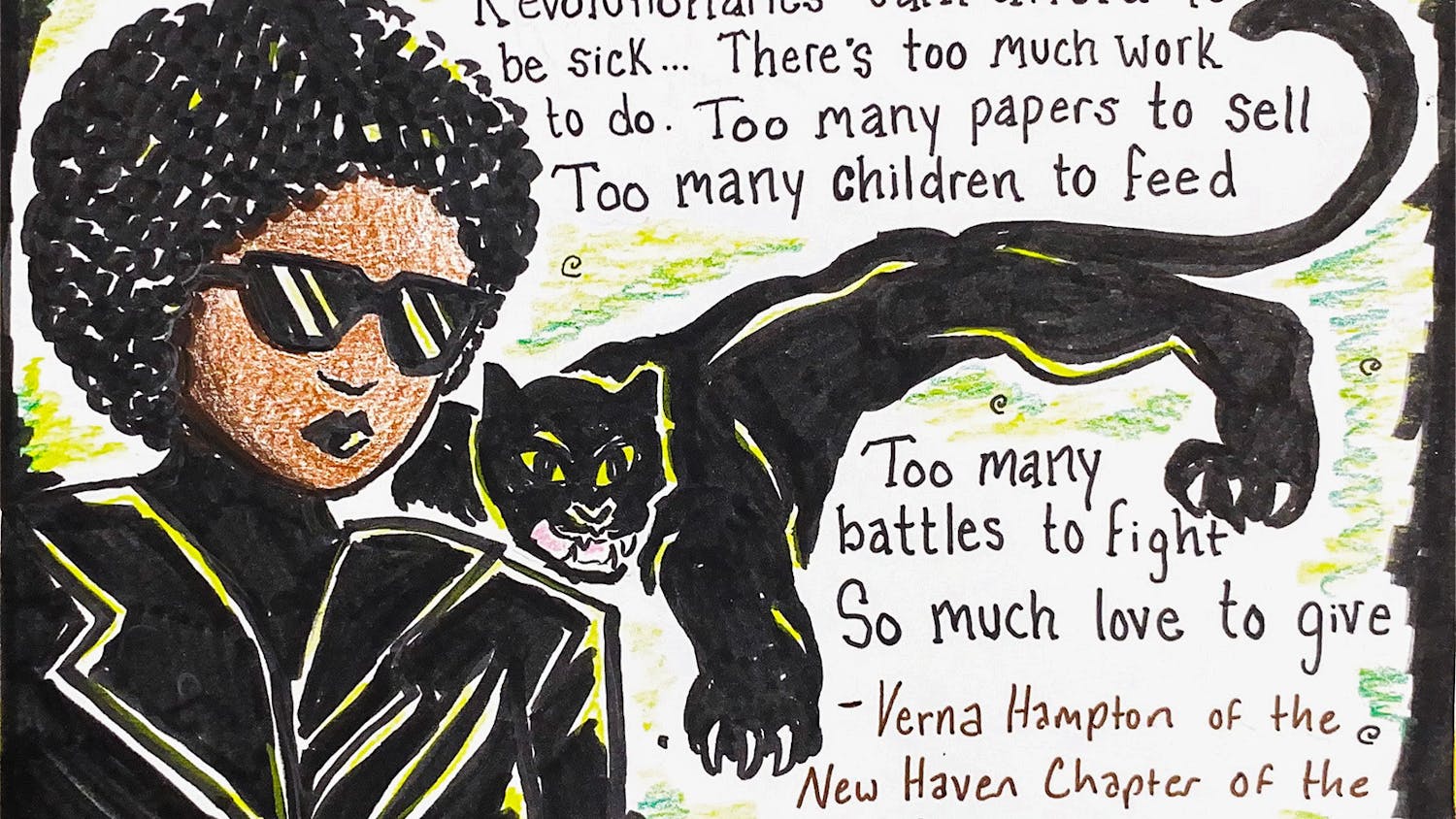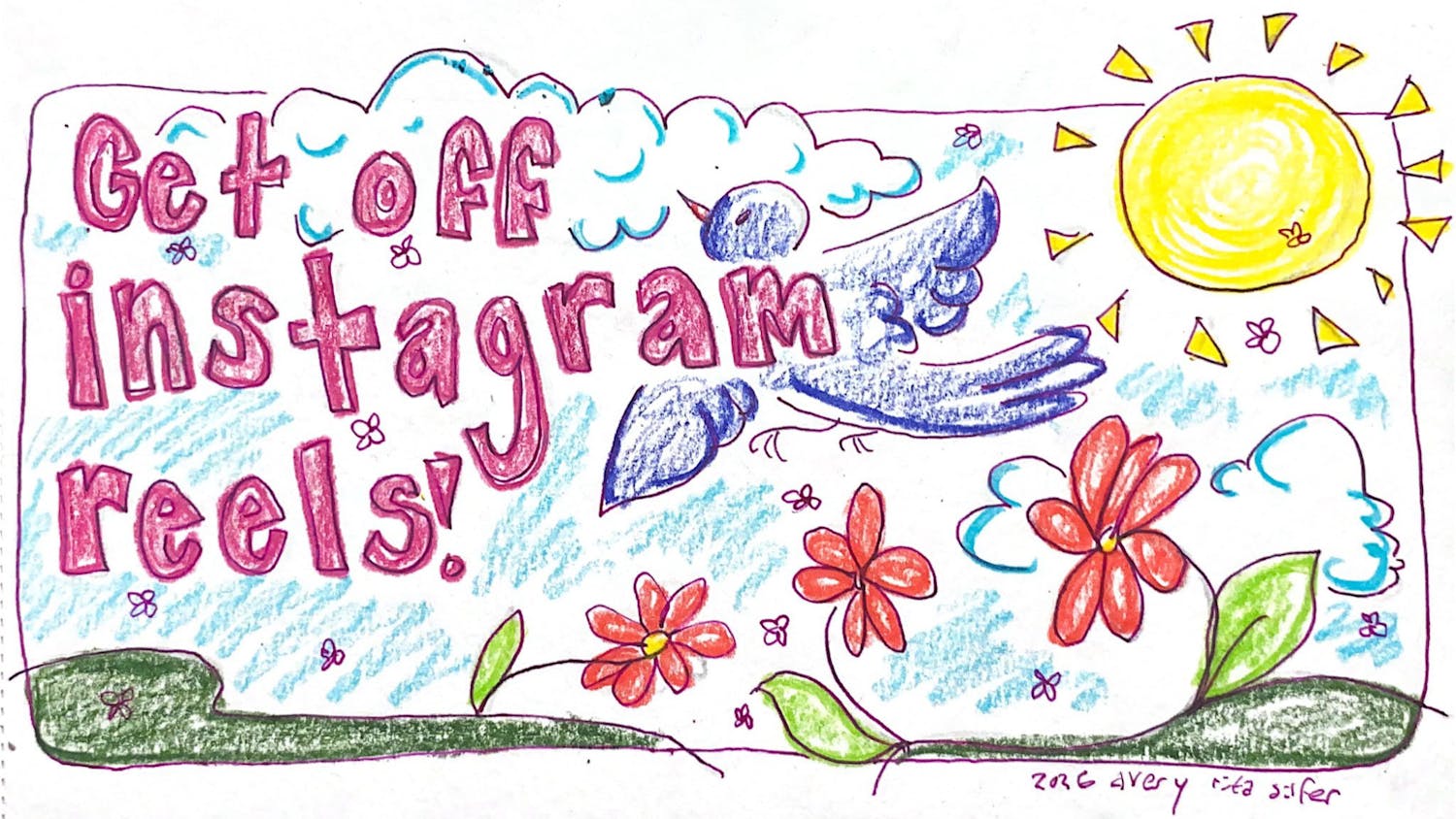Since spring 2019, associate professor Tamar Ginossar has taught two “Cannabis and Communication” courses focused on stigma and discourse surrounding the recently-legalized drug.
“For the 200 level (course), the goal is to apply communication concepts and learn about the field of communication through the topic of cannabis, which is a topic that is very meaningful and very interesting to a lot of students,” Ginossar said.
The upper-level companion course, CJ 393, will be available as a class this summer over Zoom, but Ginossar said she’s hoping they can transition back to an in-person environment in the future. According to Ginossar, this class is more in-depth than the introductory course and has a specific focus on research.
“We learn the meat and potatoes about what you need to know about cannabis to effectively communicate with the public,” Timothy Harris, a former student and UNM graduate, said.
Harris added that a difference between the two courses is that the 200-level course teaches about stigma as a general concept, whereas the 300-level course explores stigma’s specific effects on communication.
“There’s a lot of stigma associated (with cannabis), and that’s something that came up really strongly in both of the classes I taught on the topic, is the importance of addressing stigma,” Ginossar said. “Even though, medically, cannabis has been legalized in New Mexico for a while, there was still a lot of stigma around it.”
Ginossar said stigma can be both good and bad. For example, it can be positive because the subject is taboo and enticing to college students. However, the more negative side emerges when students decide not to tell their parents they’re taking the course in fear of what their reactions will be.
“There’s a level of stigma attached to cannabis that isn’t seen in, say, if you take antidepressants or if you undergo chemo treatments,” Harris said. “I’m sure those things are stigmatized as well, but just because of the history of cannabis as a drug, it’s a little bit more of a complex issue.”
Harris said one of the most important takeaways of the class was the need to normalize topics surrounded by stigma. As a journalist himself, he uses his platform to assist in this normalization, and encourages others with a platform to do the same.
“There’s no limits to what can become a normal part of day-to-day life,” Harris said.
Ginossar said she teaches this course specifically because students can relate to the topic.
“I feel that pedagogically it’s really important to choose topics that are interesting to students, and cannabis all of a sudden is a topic that is very interesting to many students and has an impact on a societal level and an individual level that is really important to consider,” Ginossar said.
Get content from The Daily Lobo delivered to your inbox
Cannabis is a subject that quickly evolves and progresses, and the course must adapt to reflect that, Ginossar said. The recent legalization of recreational cannabis will contribute to changes in the class curriculum.
“The first most immediate thing is we need to learn how it was exactly legalized, what provisions were made, how this policy change was informed by policies in other states, maybe even other countries,” Ginossar said. “But it might influence it in other ways; it just happened so I definitely need to consider what is the impact going to be long term.”
Conversations about personal experiences with cannabis will be more open during the course due to the legalization, according to Ginossar.
“The conversation will definitely shift away from the medicalization and more towards the ways that we talk about other commodities in our state,” Harris said.
Harris said students often misinterpret the goal of the course, thinking it will be strictly about cannabis and other related topics. More accurately, this is a communication course that intersects with cannabis.
“You’re learning communication methods. It’s no different than if you would take any other public health communication course,” Harris said.
Megan Gleason is the news editor at the Daily Lobo. She can be contacted at culture@dailylobo.com or on Twitter @fabflutist2716






